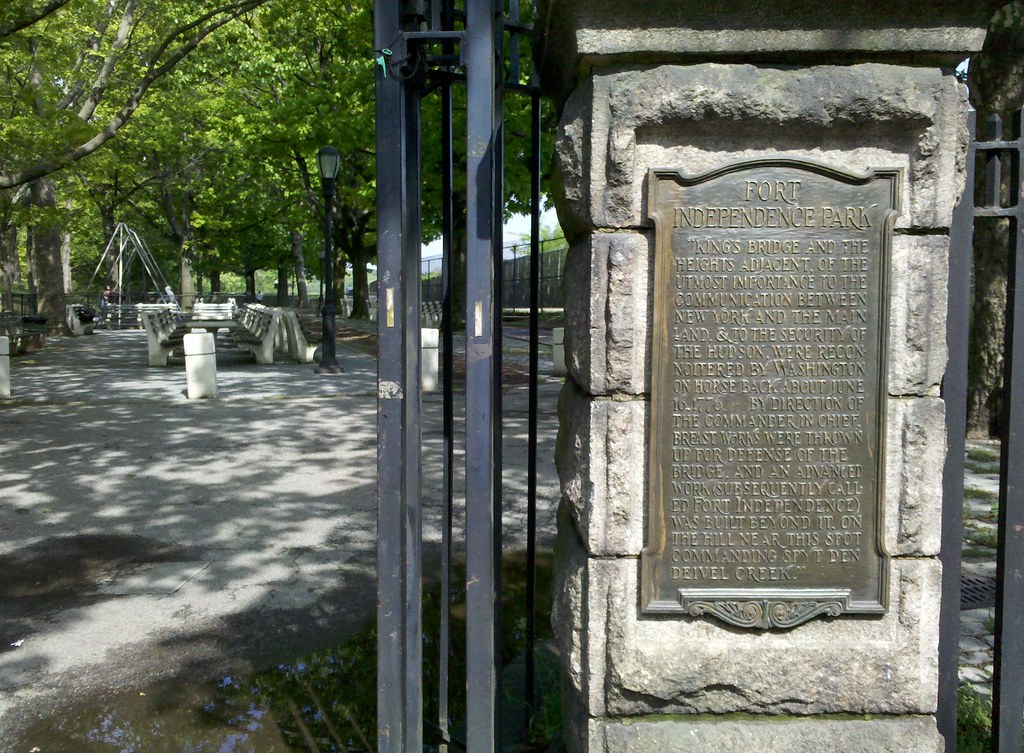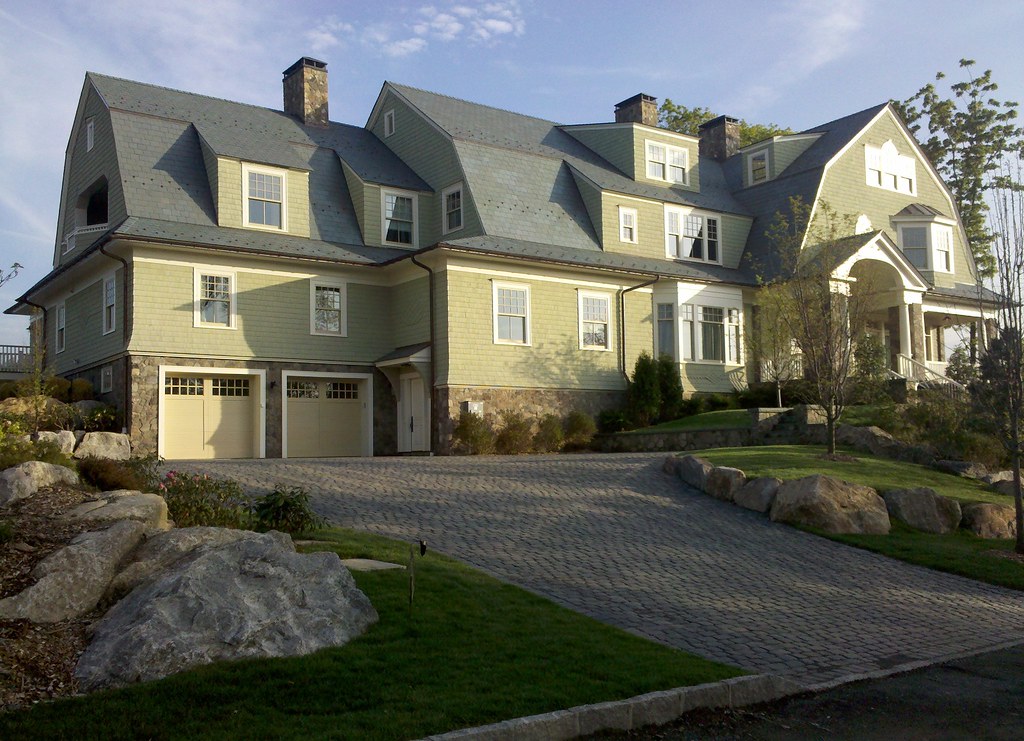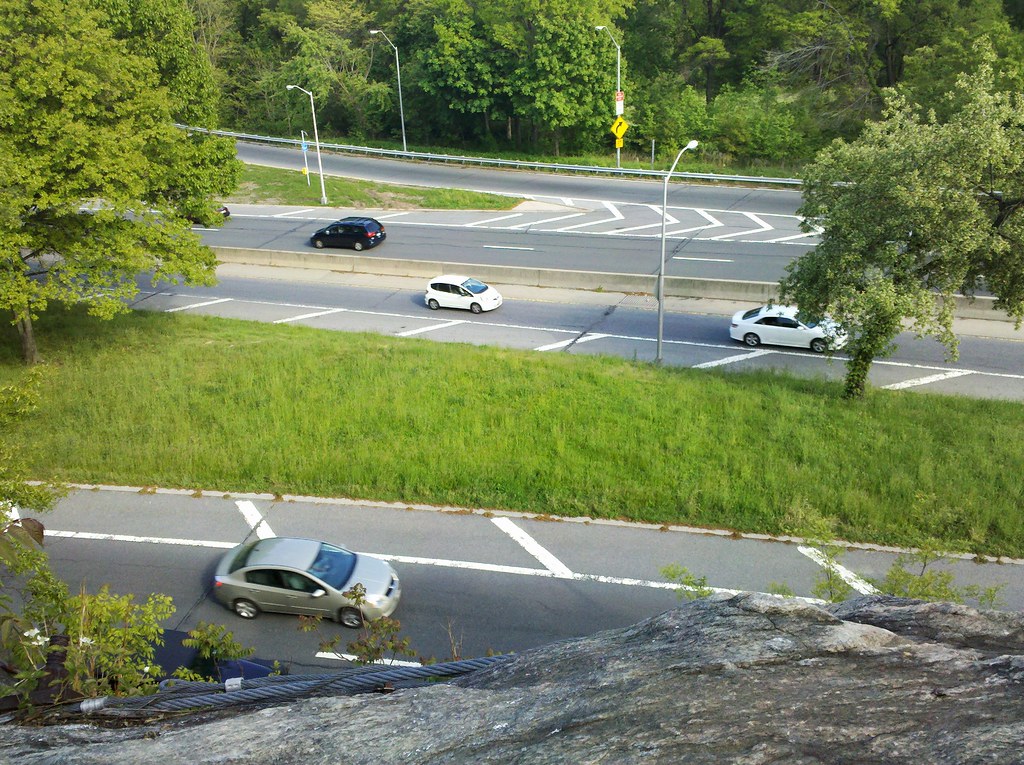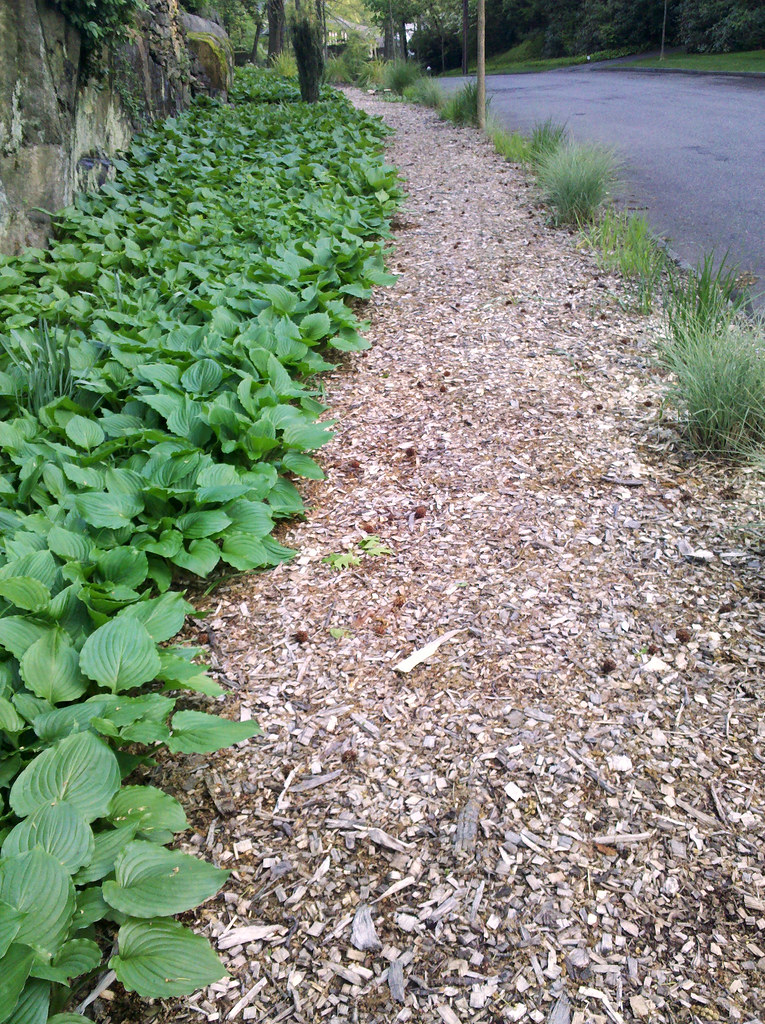
This was once the site of the Jerome Park Racetrack (built by our buddy Leonard Jerome), which hosted the Belmont Stakes from 1867 (its inaugural running) to 1889.
The city bought and condemned the racetrack to make way for this reservoir, completed in 1905 and filled with water from the New Croton Aqueduct, which, despite its name, is the oldest aqueduct still part of NYC's water supply system. The reservoir has been used only sparingly since 2008, when the New Croton system temporarily went offline pending the completion of a water treatment plant, but it's expected to be back in action within a year or so, when the aqueduct is reactivated.

Its site chosen by General George Washington for the strategic vantage point it provided, Fort Independence was built by the Americans in 1776 and then destroyed a couple of times as it changed hands during the course of the Revolutionary War.

That's an old New York and Putnam Railroad bridge, now used as part of a hiking trail, in the background.

Built from the top down by the Soviets in 1974, this fortress is home to Russian UN diplomats and their families, and during the Cold War it "bristled with antennas for listening to American conversations". In 1997, the Russians drew up plans to renovate and expand the complex, but they seem to have abandoned them in the face of strident community opposition.

This is the house where the humble and beloved Lou Gehrig died in 1941 at the age of 37. The Yankees' legendary first baseman was a man of prodigious talent, one of the greatest hitters the game has ever seen. He became a regular in the Yankees' lineup in 1925, two years into his career, and never took a day off from that point forward. Playing through injury and illness, he had appeared in 2,130 consecutive games when he took his final swing, an unheard-of accomplishment that stood as a record for 56 years.
His unmatched toughness and reliability earned him the nickname "The Iron Horse", but even he was no match for the disease that now bears his name, which began ravaging his body in the prime of his life and knocked him out of baseball less than a year after he first began to notice its effects. Despite his extraordinary athletic achievements, Lou is best remembered for his moving retirement speech, telling the teary-eyed crowd packed into Yankee Stadium: "Fans, for the past two weeks you have been reading about the bad break I got. Yet today I consider myself the luckiest man on the face of the earth."

Adjacent to Fieldston in the Bronx, this new development of gargantuan houses, built on spec, has not seen a lot of interest from buyers.

Not far from this modest abode (whose length exceeds that of the photo) in Villanova Heights is the pinnacle of the highest peak in the Bronx, with an altitude exceeding 280 feet above sea level (the construction of this development looks to have altered the terrain somewhat, so the 284.5-foot elevation cited in the linked article may not be accurate anymore).

We've now entered Fieldston proper.
(If you'd like a peek inside the castle, check out this photo gallery.)










